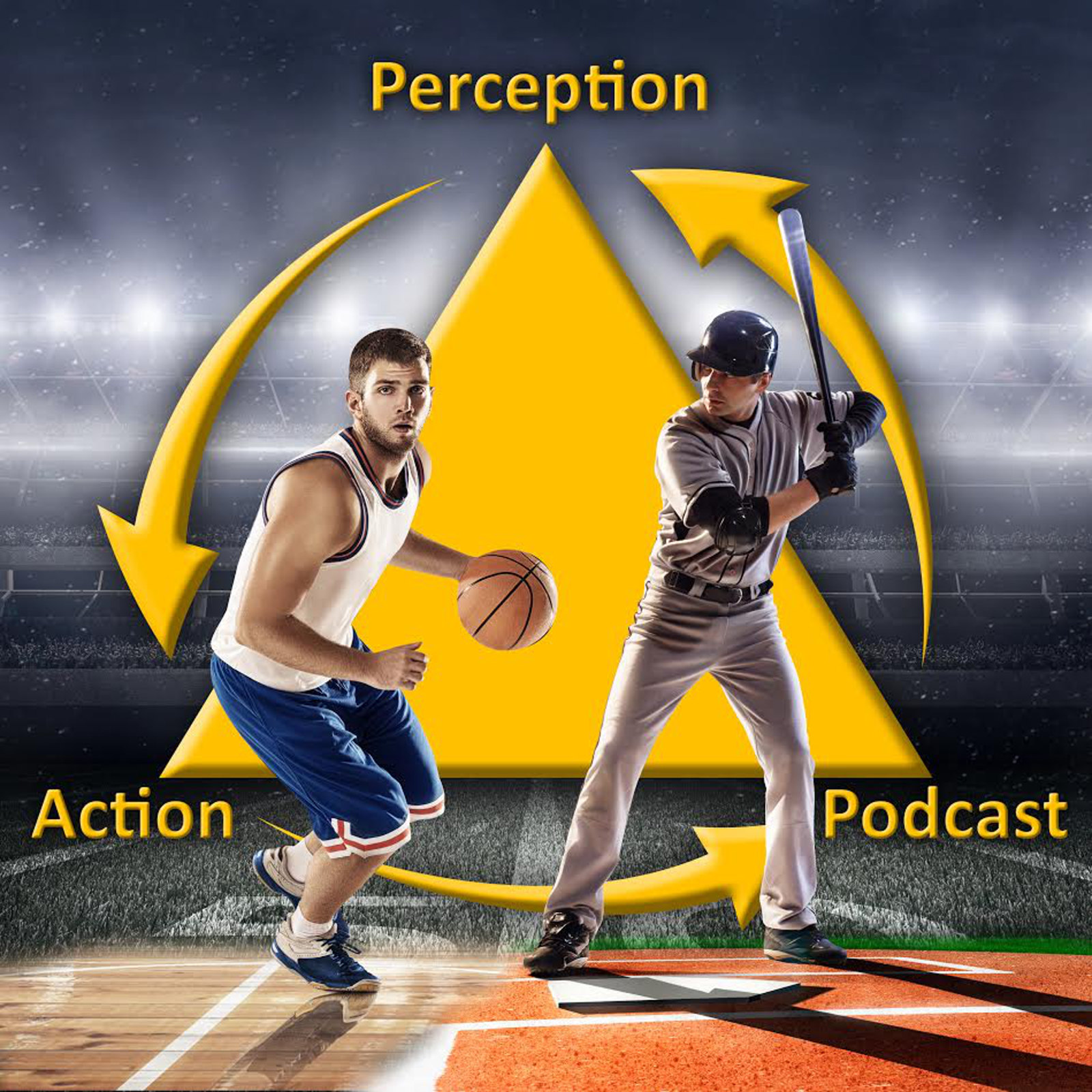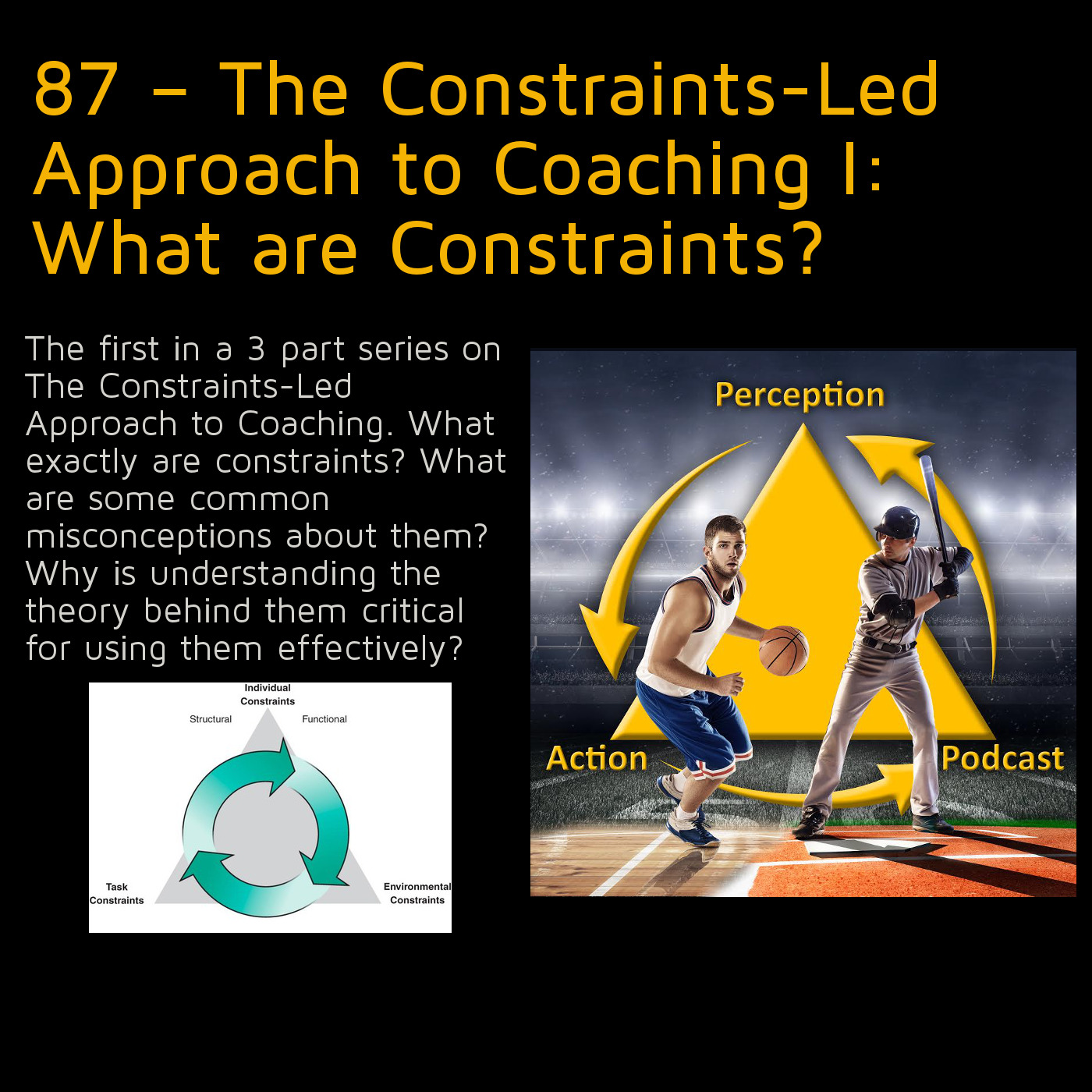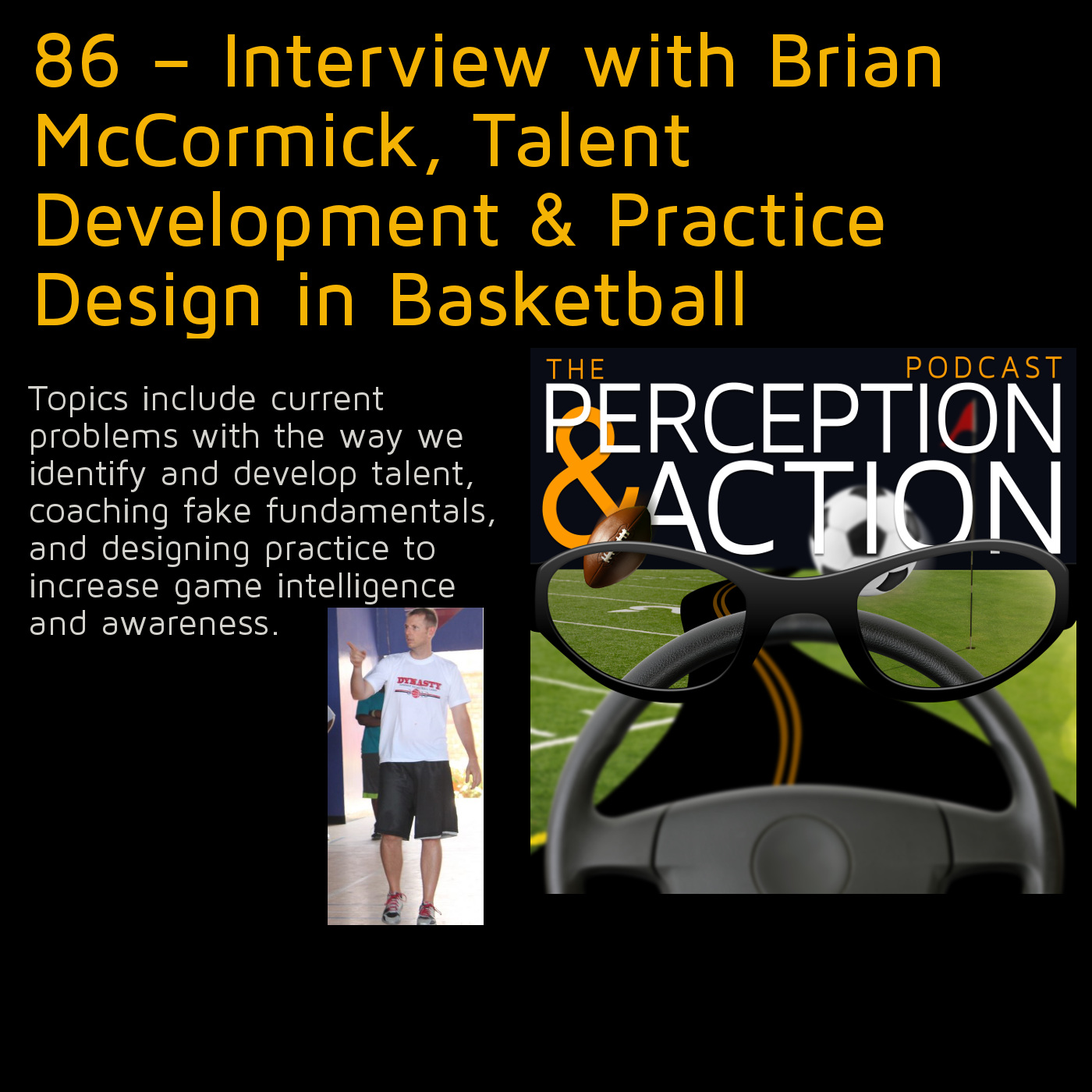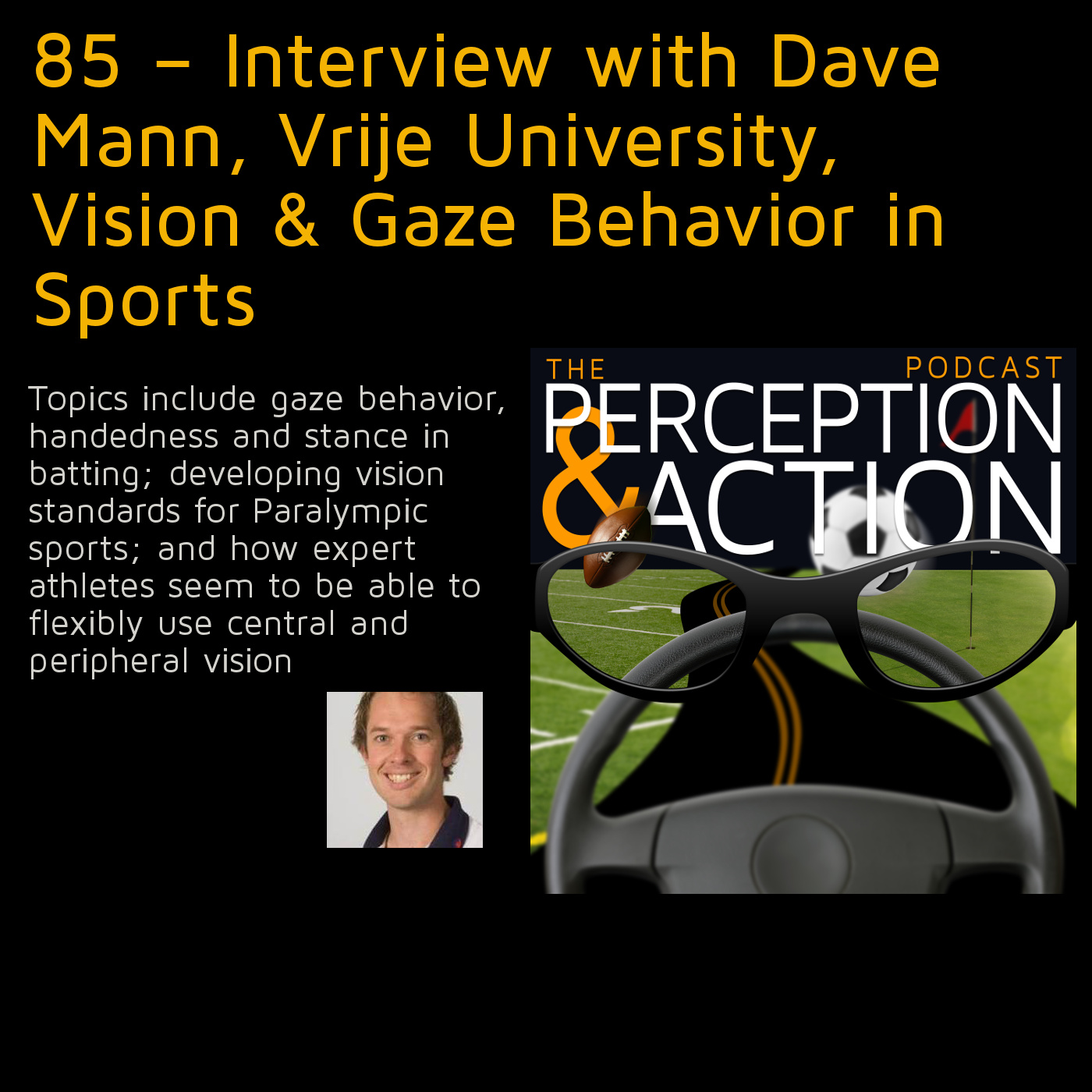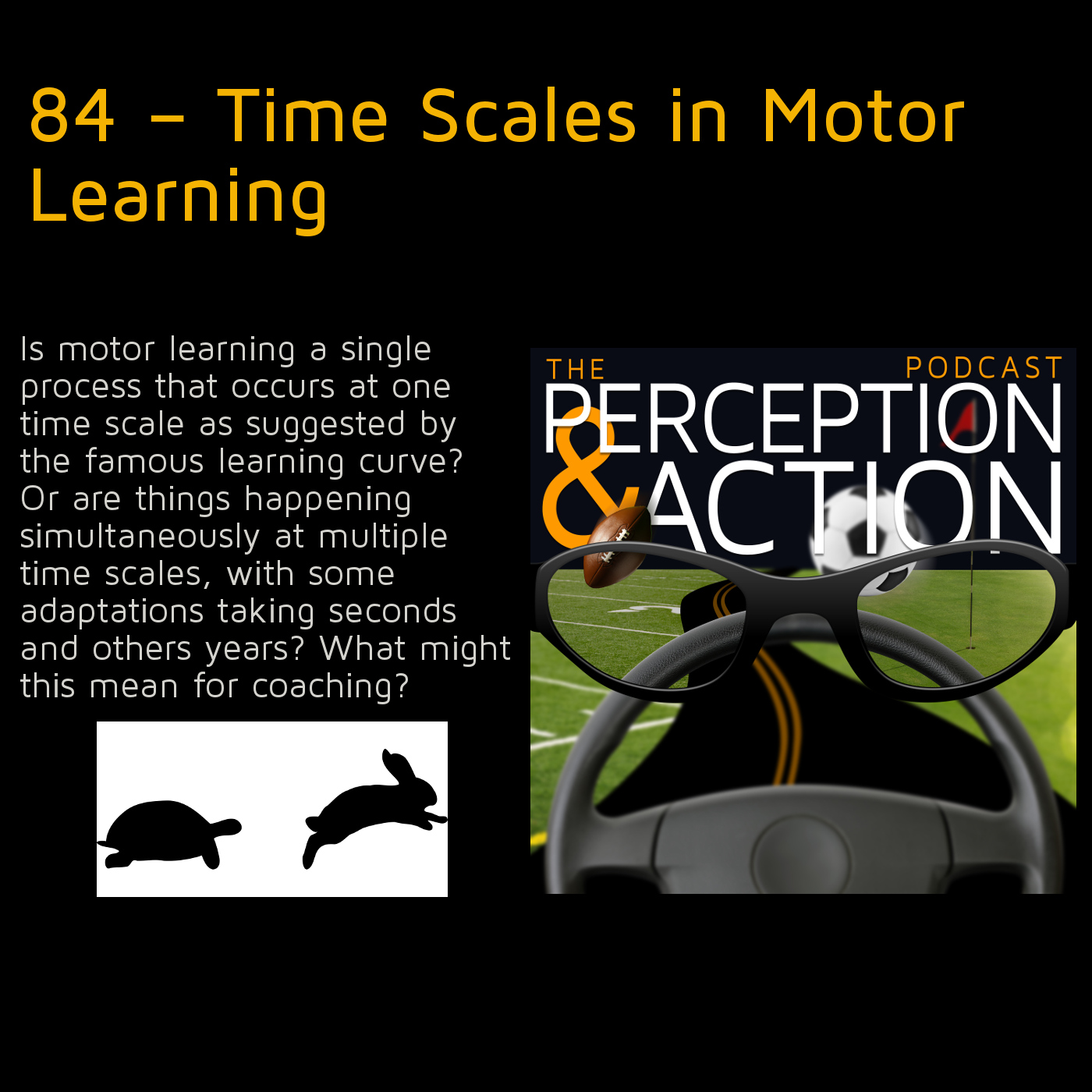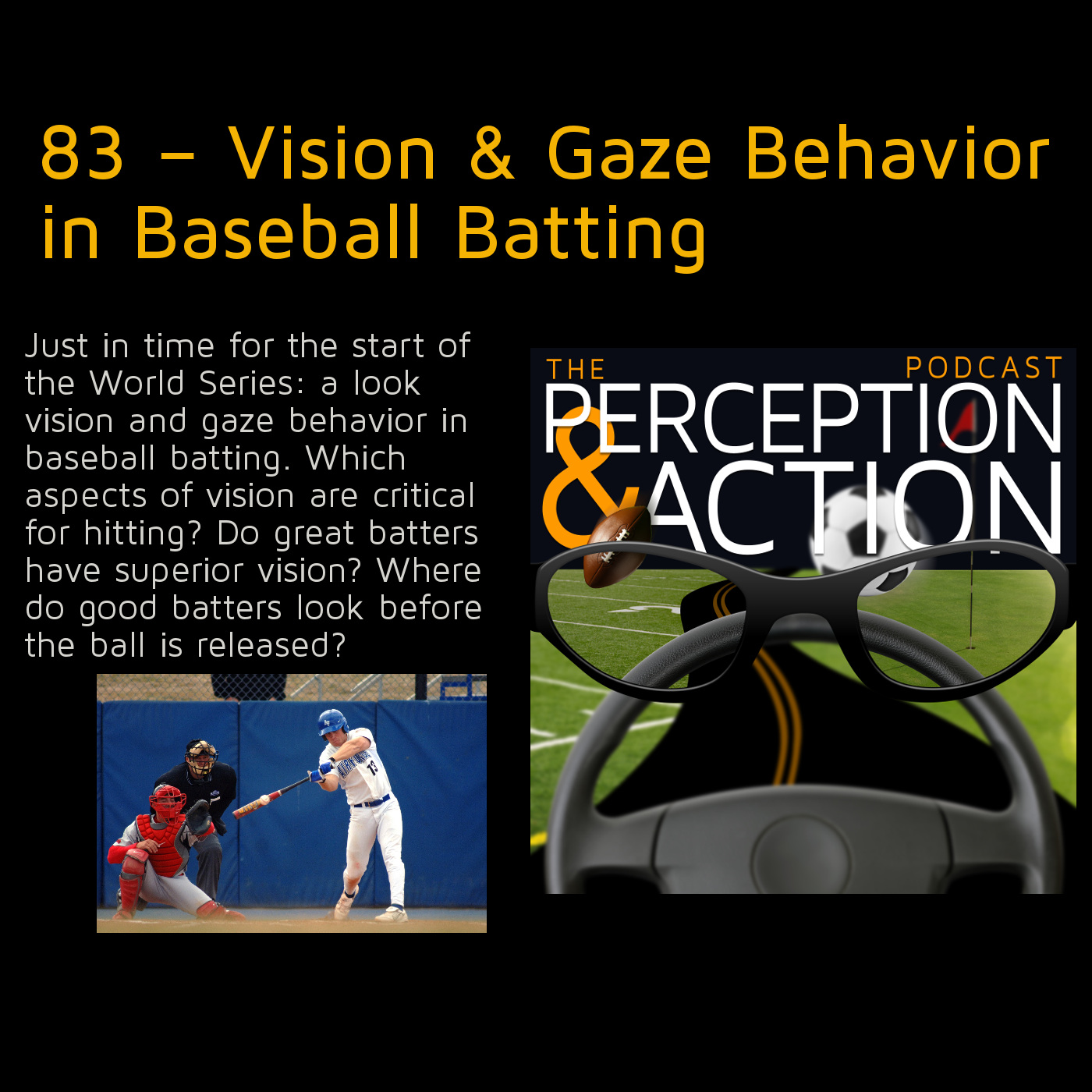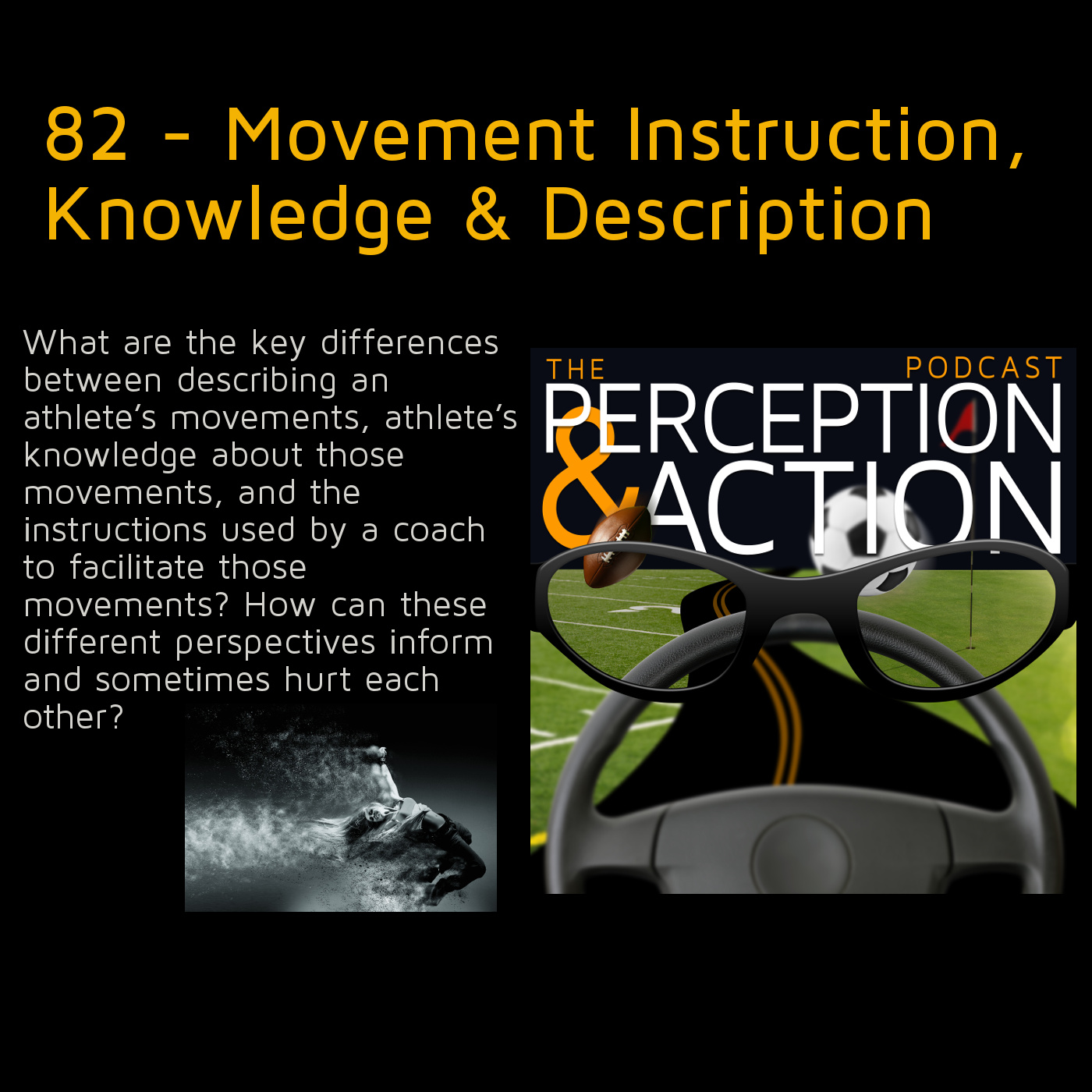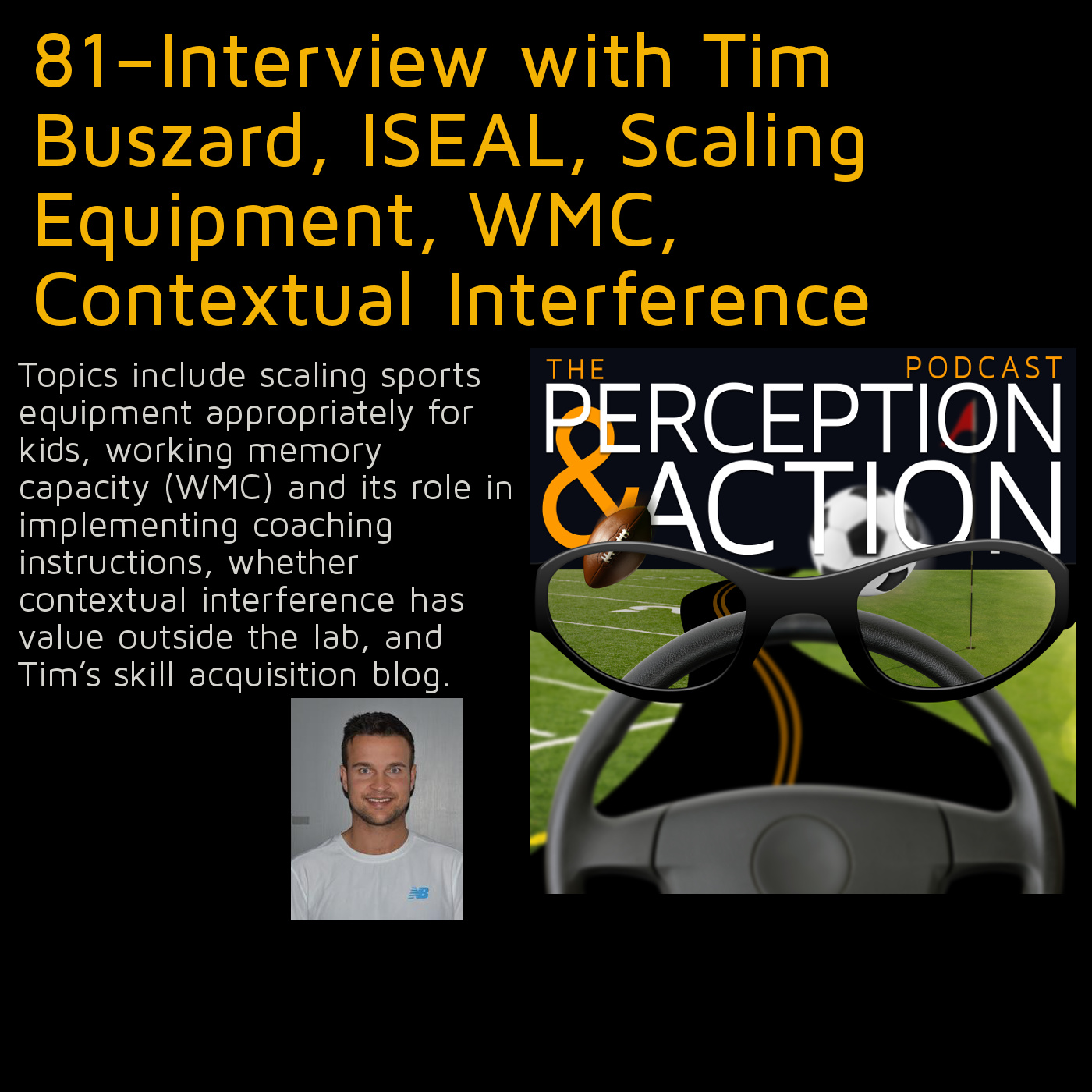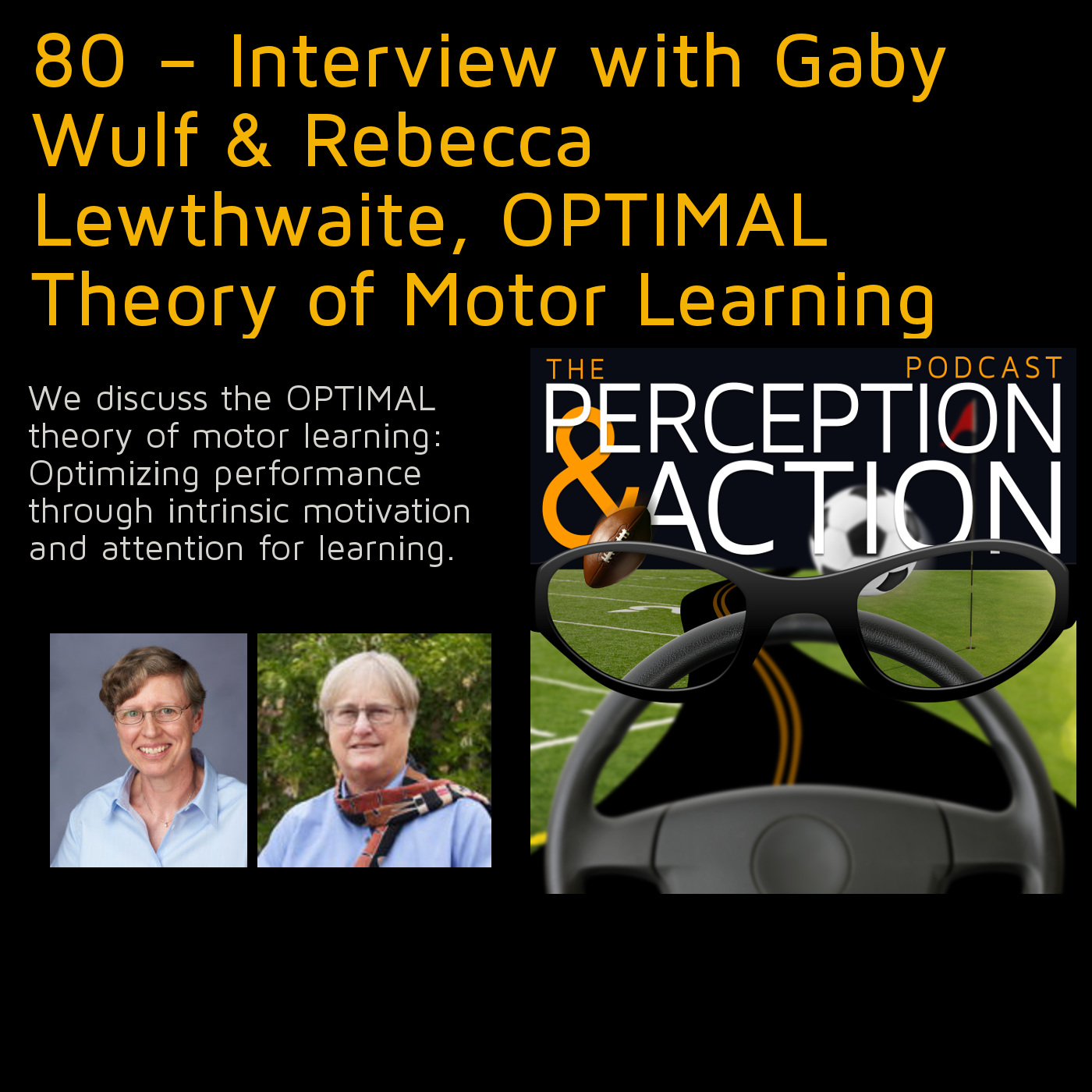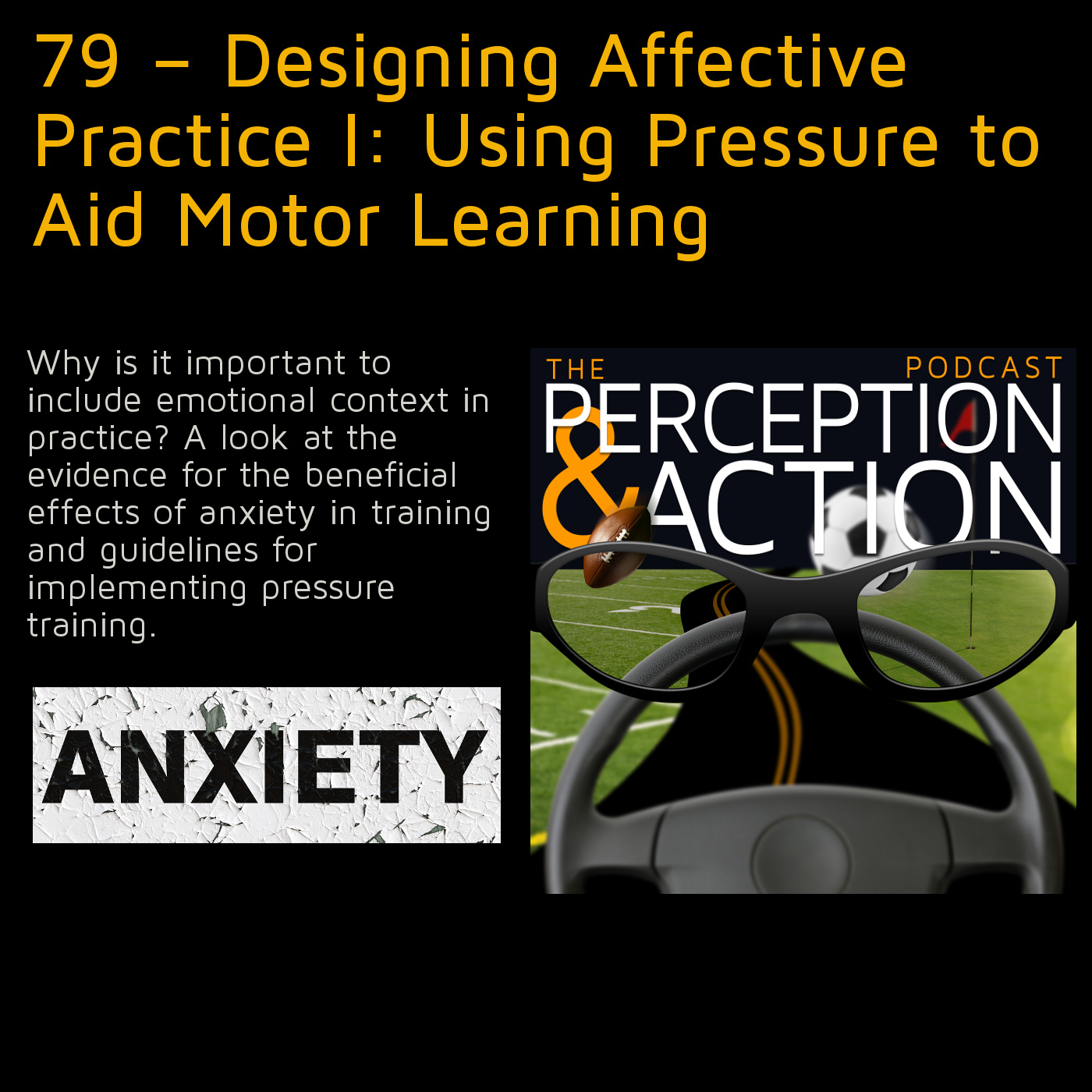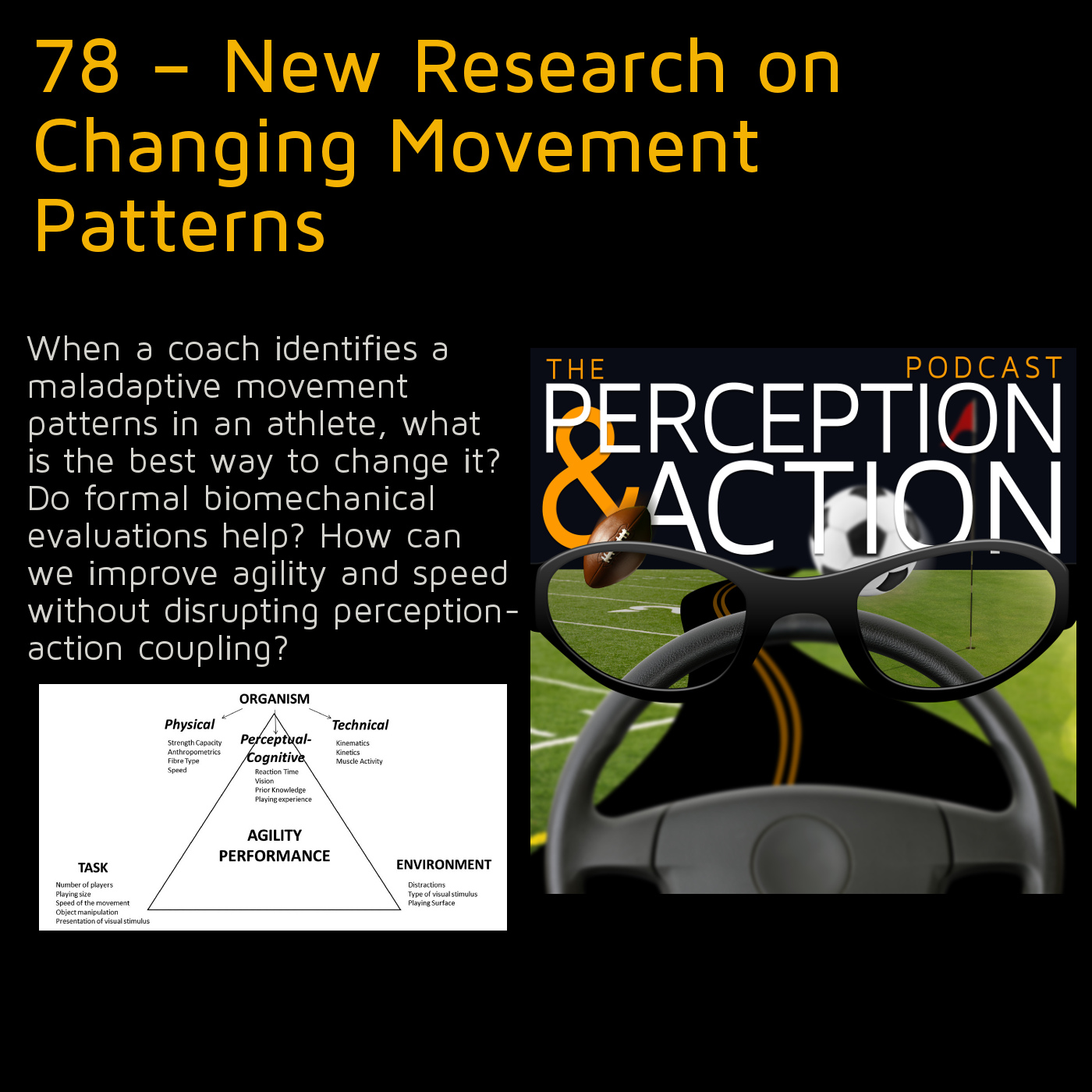87 – The Constraints-Led Approach to Coaching I: What are Constraints?
87 The first in a 3 part series on The Constraints-Led Approach to Coaching. What exactly are constraints? What are some common misconceptions about them? Why is understanding the theory behind them critical for using them effectively? Download link Articles: Constraints on the development of coordination Change of Direction and Agility Tests: Challenging Our Current…
Read More